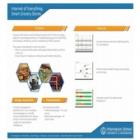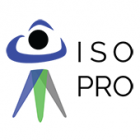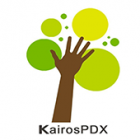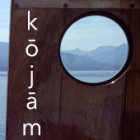
InstaCook
While cooking we spend a majority of time looking for recipes online and then matching it with our available kitchen inventory. This effort takes significant time and essentially results in cooking the same meals or spending money and eating out at a restaurant. It has become a reoccurring problem and one of the major motivations for our project. InstaCook, suggests recipes to the users based on the items they already have in the kitchen. Novice cooks will be able to use the application while cooking and operate it through voice commands and avoid the hassle of using a smart device with their messy hands. It empowers our users to experiment with new and variety of easy to cook recipes. Not only will this lead to a nutritious diet but will also minimize food wastage, as it effectively maintains a kitchen inventory leading to a decrease in expenditure.








